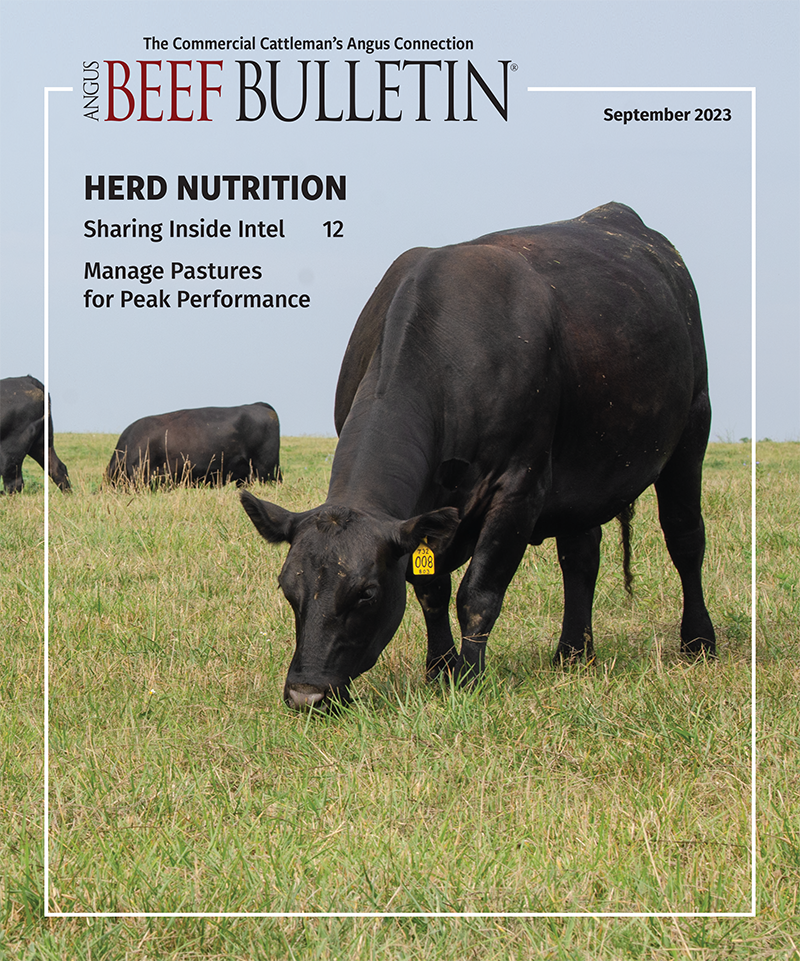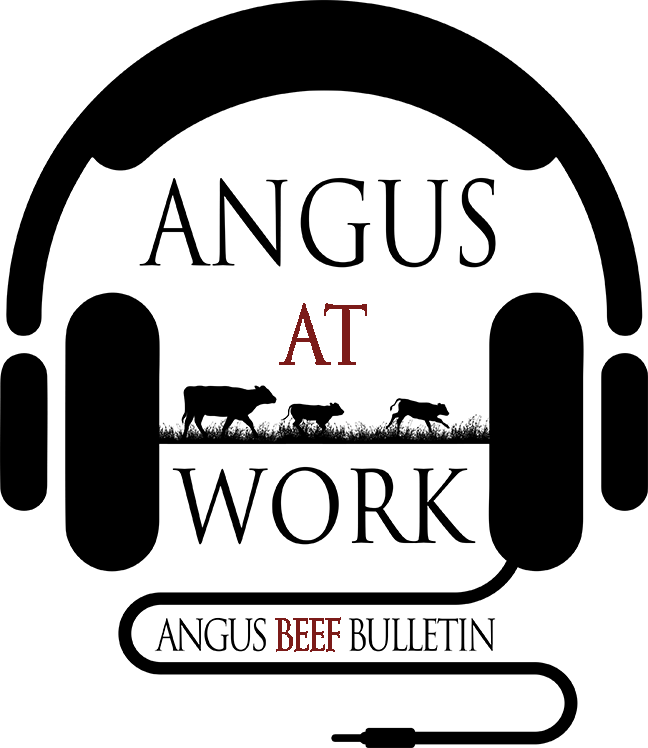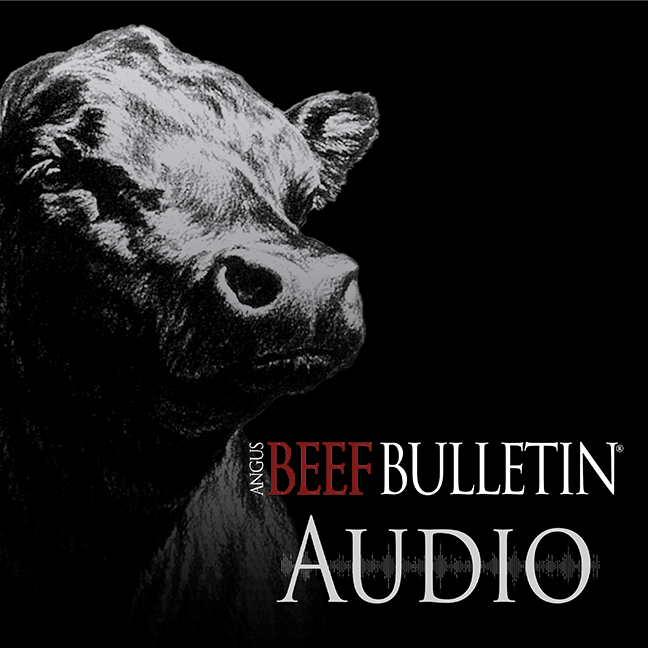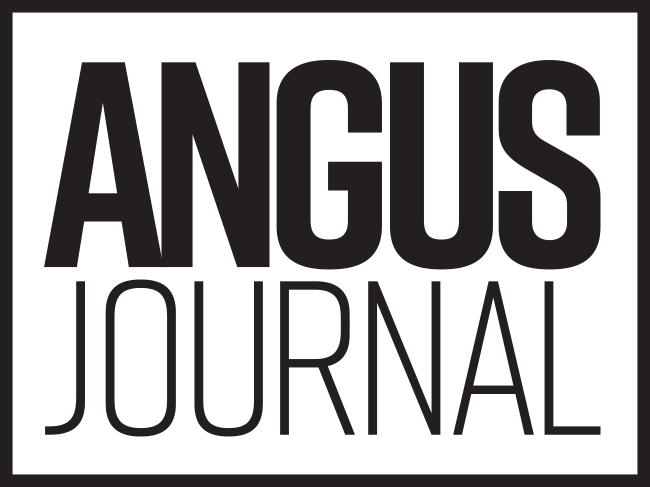Cornstalks Can Fill Forage Gaps During Drought
How to calculate number of grazing days per acre.
Grazing cornstalks or drought-stricken corn can fill feed gaps during drought, says University of Missouri Extension Beef Nutritionist Eric Bailey. There are some nutritional concerns, and producers must commit to moving cattle to new pastures to successfully use cornstalks as feedstuff, but there are benefits.
Getting More From Your Silage
Does kernel processing silage pay for growing and finishing beef cattle?
Kernel processing involves passing harvested silage through a set of rollers mounted on the chopper. This is a standard recommendation for dairies, and it is becoming more commonly recommended for beef producers.
Perilla Mint Poisoning of Livestock Worsens During Drought
Watch for respiratory problems in cattle that may have been exposed.
University of Missouri Extension specialists are getting reports of illness and death in cows and small ruminants that may have ingested perilla mint. Perilla mint, a toxic summer annual, is also known as rattlesnake weed, purple mint and beefsteak plant.
September 7, 2023 | Vol. 15 : No. 9-A
Cattle Producers Urged to Watch for Prussic Acid Poisoning
Lush regrowth following drought stress can be problematic.
University of Missouri Extension specialists urge producers to closely watch cattle grazing pastures with Johnsongrass and other sorghum species. Cattle producers in several drought-stressed parts of Missouri have recently reported cattle deaths from suspected prussic acid or hydrocyanic acid (cyanide) poisoning.
The Revolutionary Role of Postbiotics in Promoting Ruminant Health
Since the dawn of time, humans have been accidentally and intentionally fermenting foodstuffs.
Since ancient times, humans have harnessed the benefits of fermentation, realizing its potential in preserving food, improving taste and promoting health. While the significance of fermentation was discovered relatively recently, in the 19th century, its effects on human health have been acknowledged for quite some time. This knowledge has led to the development of various products, including prebiotics and probiotics, which offer immune and digestive health benefits.
Trace Minerals Are Crucial for Calf Health
How to ensure calves get acceptable mineral amounts.
Adequate levels of copper, zinc, manganese and selenium are crucial for a healthy immune system. The trace-mineral status in a pregnant dam is reflected in her calf. Poor or deficient trace-mineral status of the cow or heifer may increase risk of disease; lead to birth defects of weak calves; or, in the case of severe deficiency, result in abortion.




